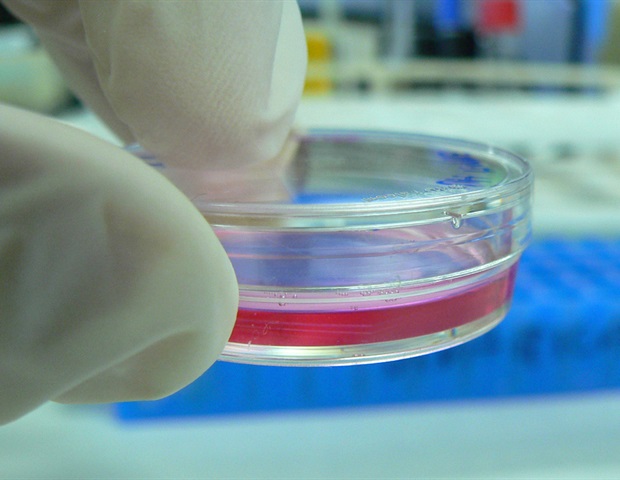
The Wake Forest Institute for Regenerative Medicine (WFIRM) is proud to be part of a new initiative, supported by an $18 million grant from the U.S. National Science Foundation (NSF), aimed at enhancing global pandemic prediction and prevention capabilities. This grant brings together five leading universities and more than 20 researchers, academics, and public health experts to establish the Community Empowering Pandemic Prediction and Prevention from Atoms to Societies (COMPASS).
The COMPASS Center, headquartered at Virginia Tech’s interdisciplinary Data and Decision Sciences Building, will utilize state-of-the-art labs, data centers, and other advanced facilities to tackle the critical challenge of preventing infectious diseases that threaten communities worldwide. However, the work of this center will extend beyond its walls, transcending institutional and geographic boundaries.
This collaboration allows us to combine our expertise in regenerative medicine with research from leading institutions, all working toward the shared goal of predicting and preventing future pandemics. It’s an exciting moment for science and for the global community.”
Dr. Anthony Atala, Director of the Wake Forest Institute for Regenerative Medicine
Wake Forest University will join forces with Virginia Tech, Cornell University, the University of Michigan, and Meharry Medical College to address this pressing global health challenge. The collaboration will focus on understanding how pathogens and diseases emerge and spread while training the next generation of scientists to continue this vital work.
The COMPASS Center is part of the broader $72 million NSF Predictive Intelligence for Pandemic Prevention (PIPP) program. Initiated during the COVID-19 pandemic, the PIPP program was created to address both immediate and long-term threats from infectious diseases that drastically impact life on Earth. The program is designed to develop predictive models and strategies to manage diseases arising from the complex interplay between humans, animals, and the environment.
Source:
Atrium Health Wake Forest Baptist